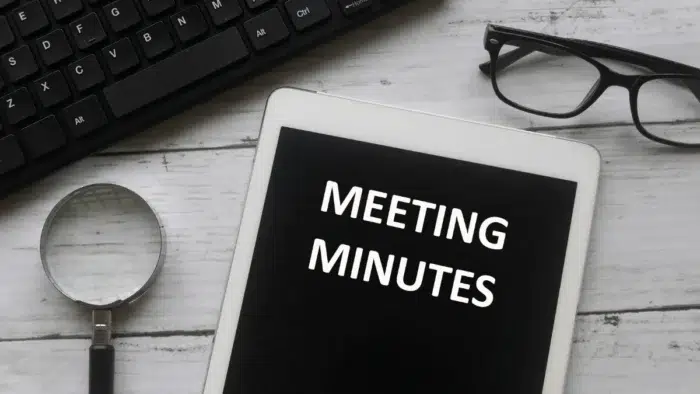If you interview a candidate, some red flags could indicate that they might not be suited for the role.
As human resources and recruiting professionals, or even as a business owner who wears these hats, finding the right candidate for an open position at your company can be challenging and time-consuming. And while each candidate is unique in experience, personality and skill, there are some red flags to be aware of as you’re going through the candidate interview process, regardless of the position for which you’re hiring.
Here are five to watch out for.
Late to the game
It is a commonly-known best practice for interviewees to be 10-15 minutes early for an interview. This shows that they are not only taking the interview seriously, but they also are being respectful of your time. While the occasional bad weather or unexpected road closure may occur, for the most part, a candidate who is late to an interview is most certainly going to be late for the job at some point (or more often than not).
Unprepared
Think of the interview as the best the potential employee will ever look. After all, when vying for a position, most put forth their best effort to look the part. While it’s certainly understandable to not have the budget for a brand new suit, if a candidate doesn’t come looking polished and professional – including clothes being wrinkle-free, faces clean-shaven for men, hair neat and tidy, etc., this is a sign that the candidate may not be taking the job seriously.
Further, a candidate should come prepared with several copies of their resume as well as a list of questions to ask during the interview and knowledge of the position and company. If he or she didn’t do their research or has no questions for you, this is a red flag.
A good record
It is a good practice to run background checks and call references to uncovering anything that may be a red flag for your company. A driving record check is particularly important if the role for which you’re hiring involves driving. A clean driving record is all but essential to keep your insurance costs down as well as to minimize potential risks.
Give them the tools
Keep in mind that, as the one doing the hiring, you are also the one who should be providing resources for your employees. If the job at hand requires a valid driver’s license, which some younger candidates may not have, offer them the tools they need to obtain it. Also, while a candidate should be privy to well-known interviews and job preparation, help them out by providing links to important information about your company and the position to encourage better preparation for the interview (and possibly a job) with your company.
📖 More similar articles
Know your role
This one’s for you, the interviewer. It is key that you know the role for which you are hiring and all the ideal skills, traits, and experience that match it. After all, if you don’t know what you’re looking for, you will never find it. And while there may be red flags that a candidate is not a fit for the role at hand, remember that you can always train the right person, so long as they match with your company’s morals and mission and have the willingness to learn. Additionally, you can keep good candidates in mind for other positions within the company for which they may be better suited. When you find a great candidate, try not to let them go!





